A significant portion of the American electorate, 52% of likely U.S. voters, expresses concern that the CIA and other government intelligence agencies might be attempting to influence the outcome of the 2024 presidential election.
This perspective comes from a Rasmussen poll, highlighting a deep-seated worry about the potential for covert operations affecting the democratic process. Within this group, 31% view it as very likely that these agencies are seeking to control the election.
Diverse Opinions on Intelligence Agency Involvement
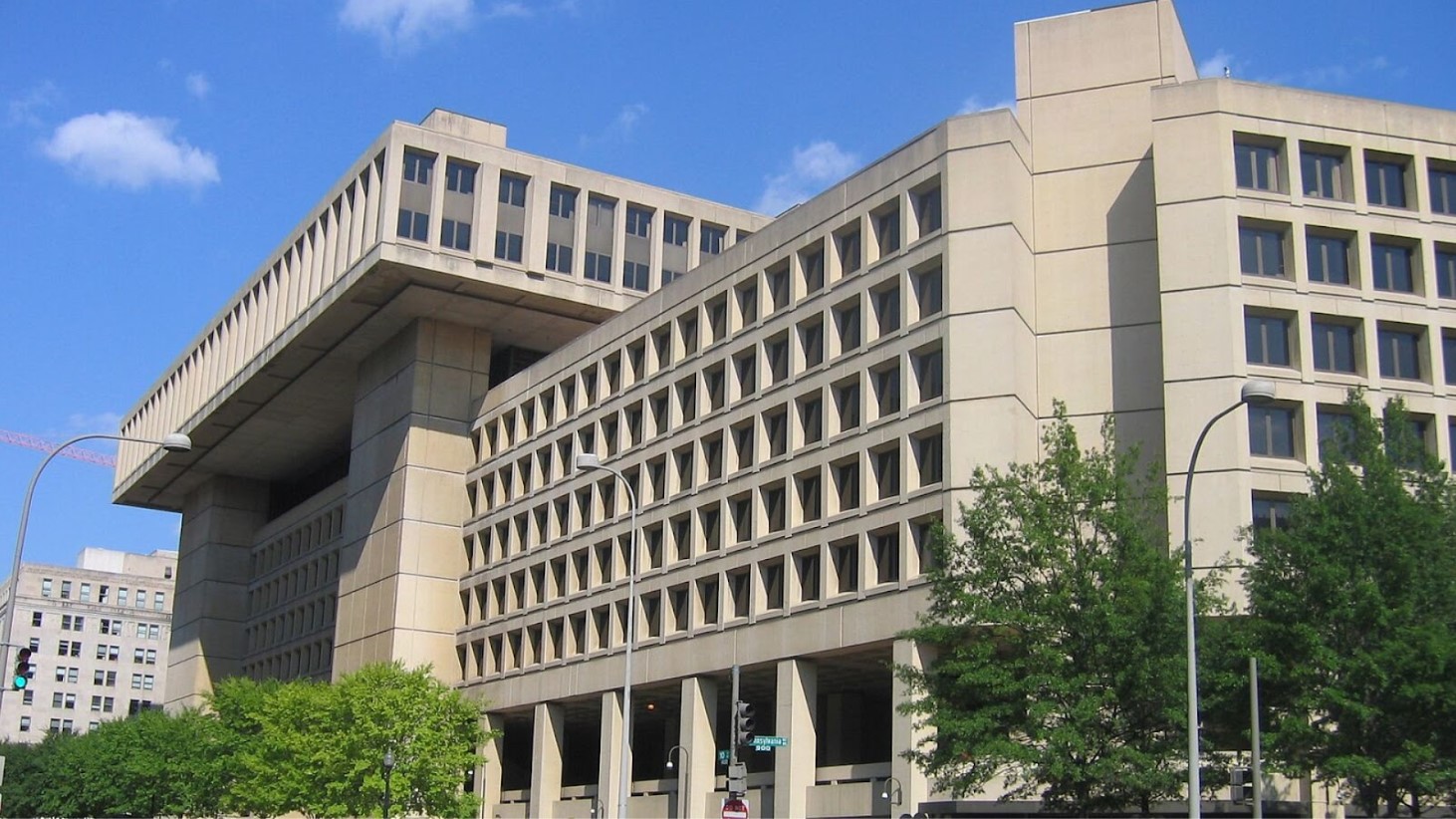
While a majority harbor suspicions about intelligence agencies’ intentions, 38% of respondents believe these agencies are not attempting to manipulate the electoral outcome, with 20% stating it’s not at all likely.
This variation in opinion demonstrates the complexity of public sentiment towards intelligence operations and their perceived role in safeguarding or interfering with democratic mechanisms.
Public Perception of Intelligence Agencies’ Political Agendas
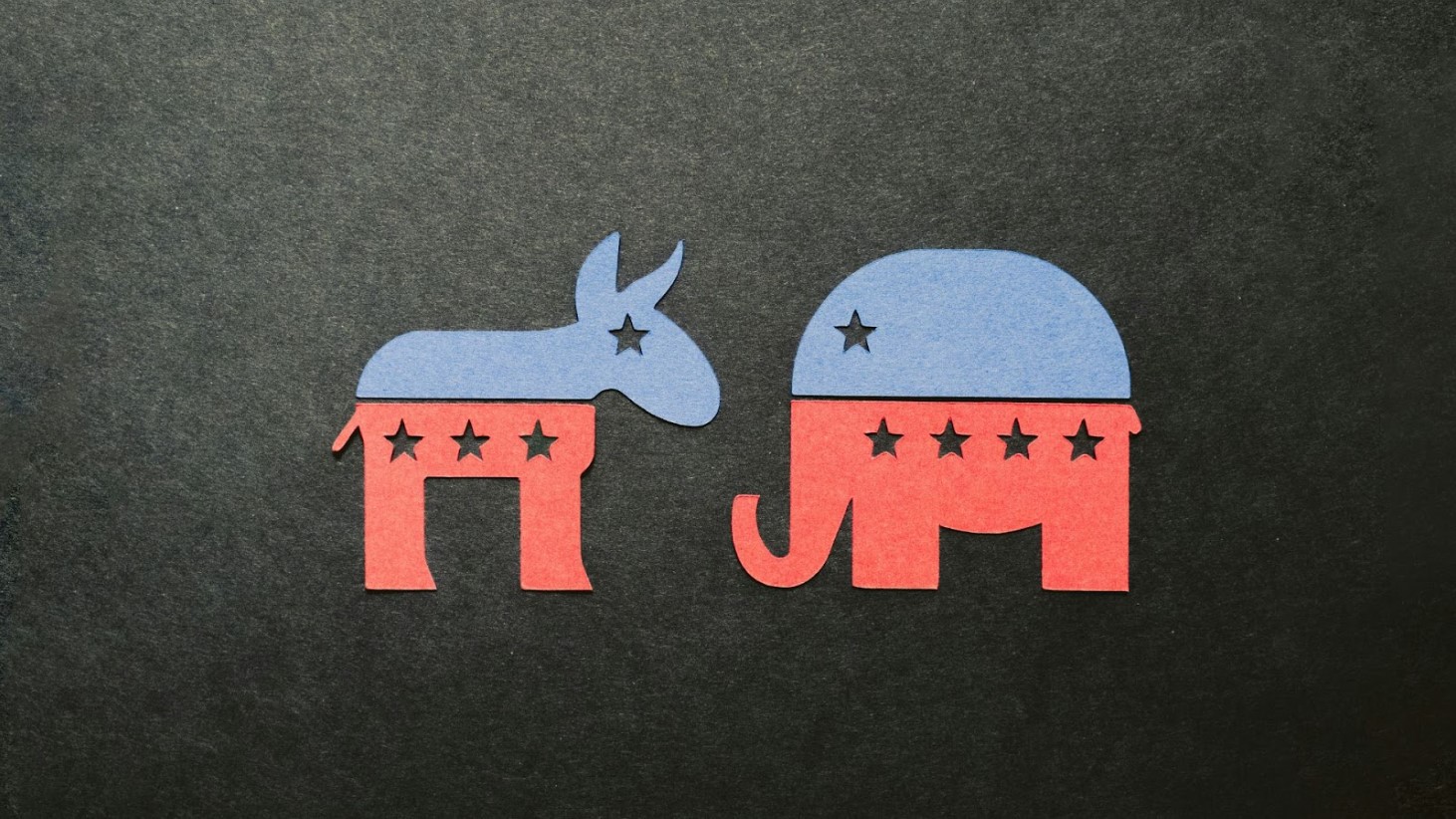
The Rasmussen poll also reveals that nearly half of the voters, 49%, think that American intelligence agencies operate with their own political agendas.
This is opposed to 36% who see them as largely impartial entities.
Influence on Media Coverage Viewed as Likely by Many

Additionally, 64% of the voters surveyed consider it likely that U.S. intelligence agencies play a significant role in influencing news coverage of political issues.
Among these, 33% find it very likely, suggesting a widespread belief in the power of intelligence agencies to shape public discourse and opinion.
Public Sentiments Toward the CIA
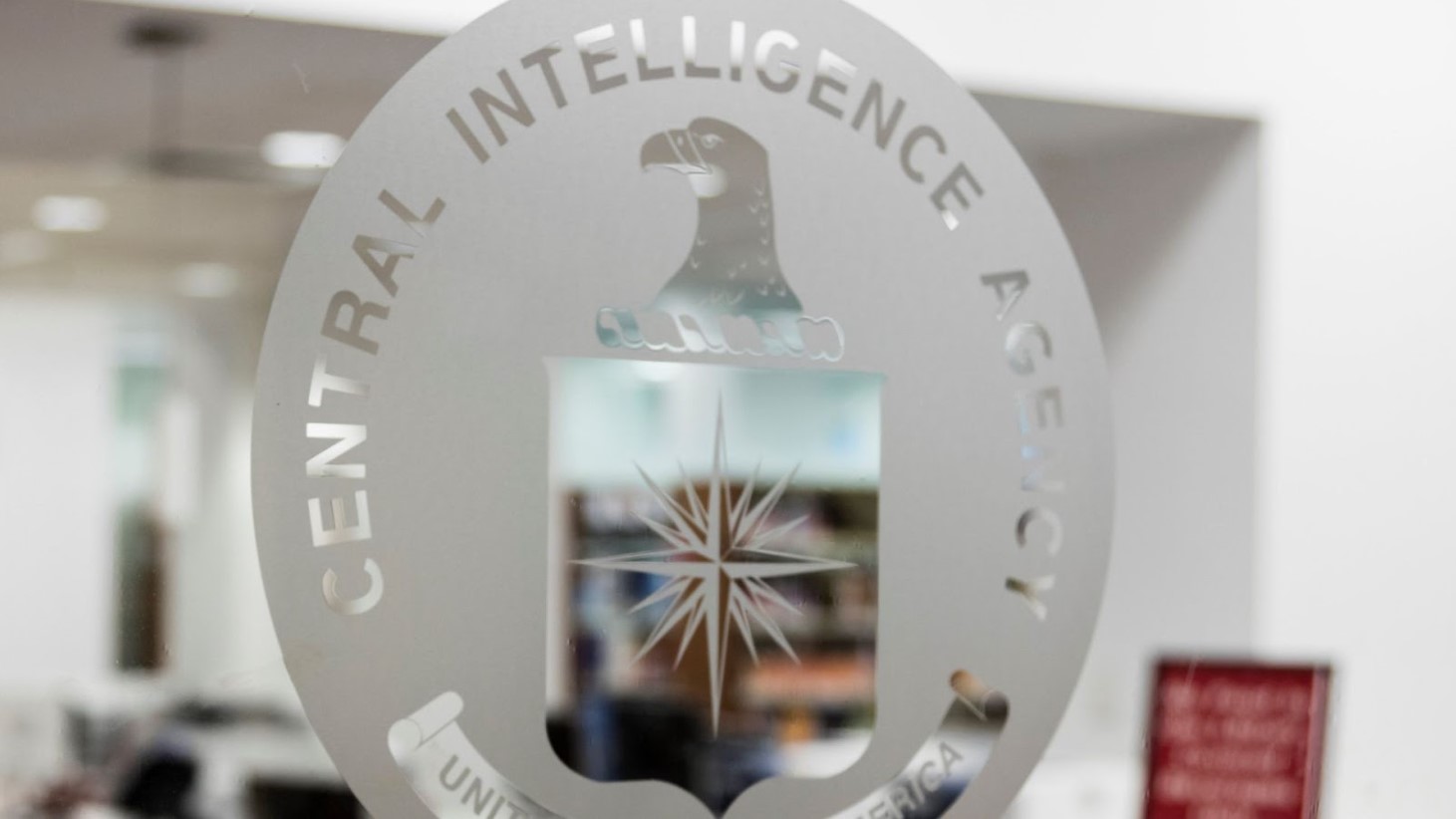
Despite the controversies and suspicions, the CIA maintains a favorable image among 48% of voters, including 12% who have a very favorable impression.
Conversely, 39% hold an unfavorable view of the agency, including 20% with a very unfavorable opinion.
Political Affiliations and Views on the CIA
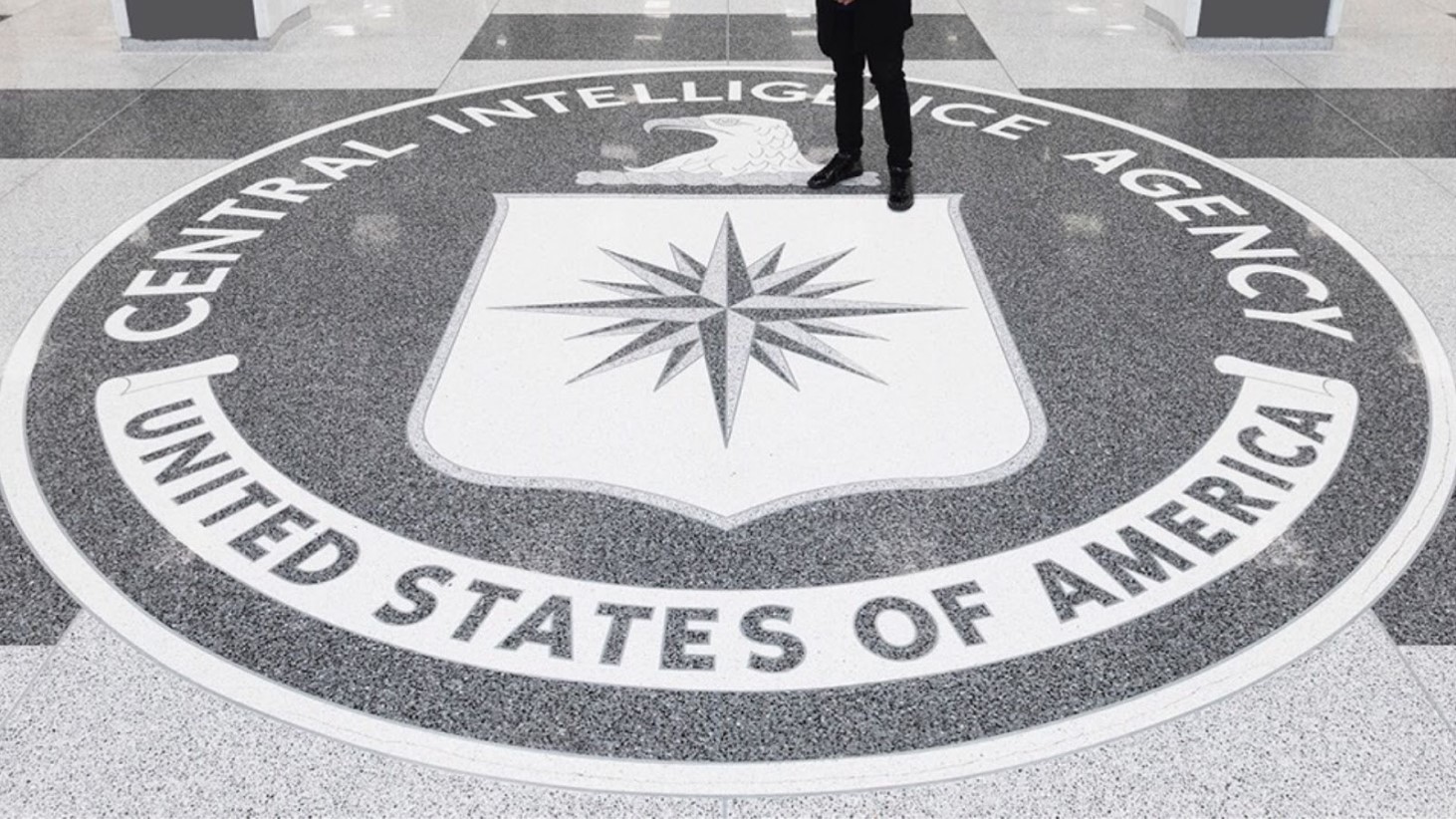
The findings of the poll suggest significant differences in perception based on political affiliation: 62% of Democrats view the CIA favorably, in contrast to 38% of Republicans and 42% of independents.
This discrepancy highlights how partisan perspectives can influence trust and confidence in national intelligence agencies.
Concerns Over Political Agendas Across Political Spectrum
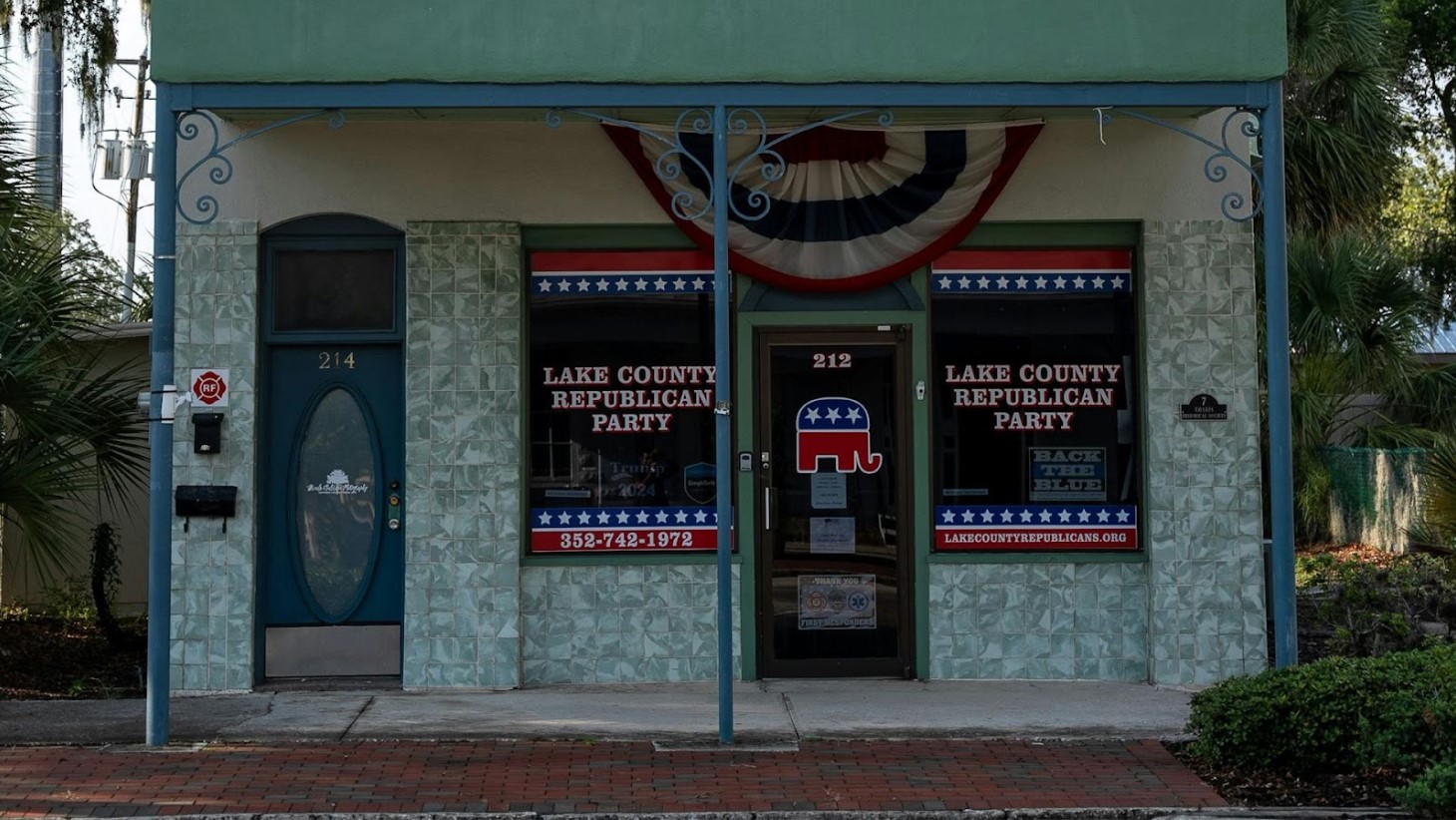
A majority of Republicans (62%) and a majority of independents (53%) believe that U.S. intelligence agencies have their own political agenda,
Whereas, only 33% of Democrats share this view.
Wide Belief in Intelligence Agencies’ Influence Over Media

Concerns about the influence of American intelligence agencies on news coverage span across political lines, with significant portions of Republicans (79%), Democrats (52%), and independents (61%) considering it at least somewhat likely.
These findings suggest a broad mistrust in the independence of media coverage from intelligence agencies’ influence.
Views on Election Influence Differ by Party
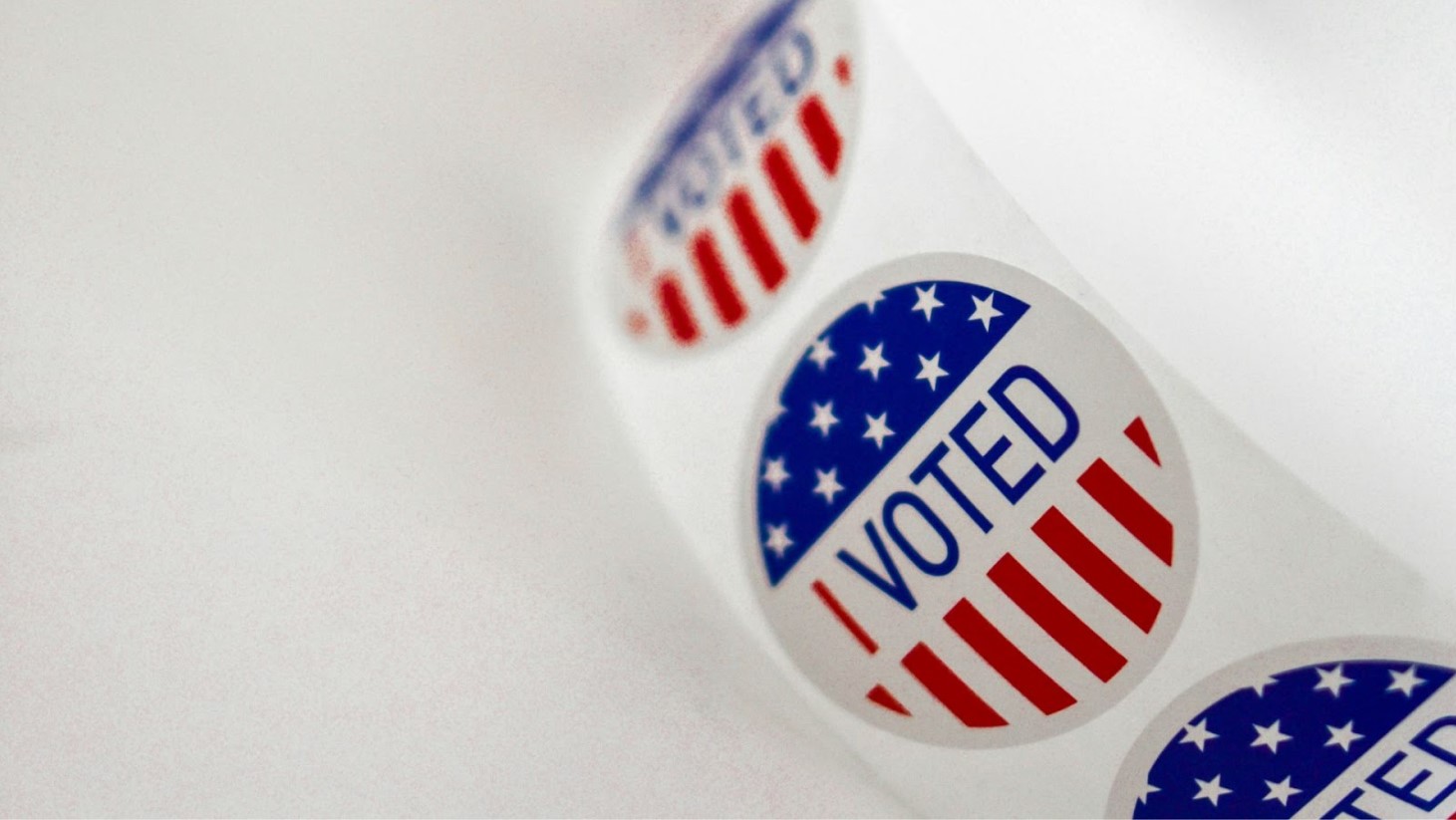
Opinions on whether intelligence agencies are trying to control the 2024 election outcome vary significantly among political affiliations.
Republicans (69%) and independents (49%) are more inclined to believe in such influence, compared to 38% of Democrats, reflecting divergent views on the integrity and impartiality of intelligence agencies.
Unfavorable Opinions Linked to Belief in Election Interference
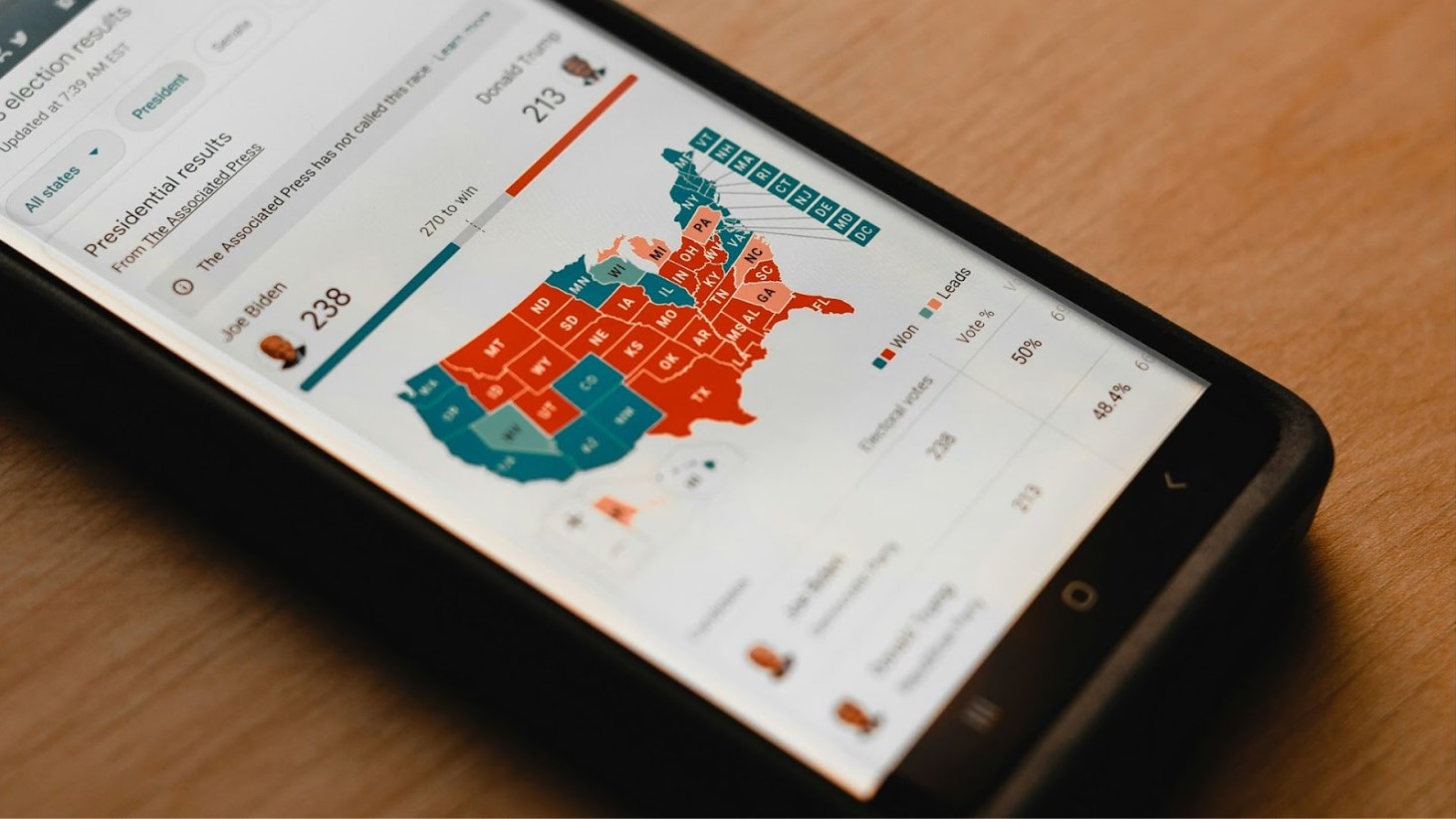
Among voters who believe intelligence agencies are likely trying to rig the election, 52% hold a very unfavorable impression of the CIA.
This correlation suggests that concerns about election interference directly impact the public’s perception of the agency’s credibility and legitimacy.
Age Differences in Perceptions of Political Agendas
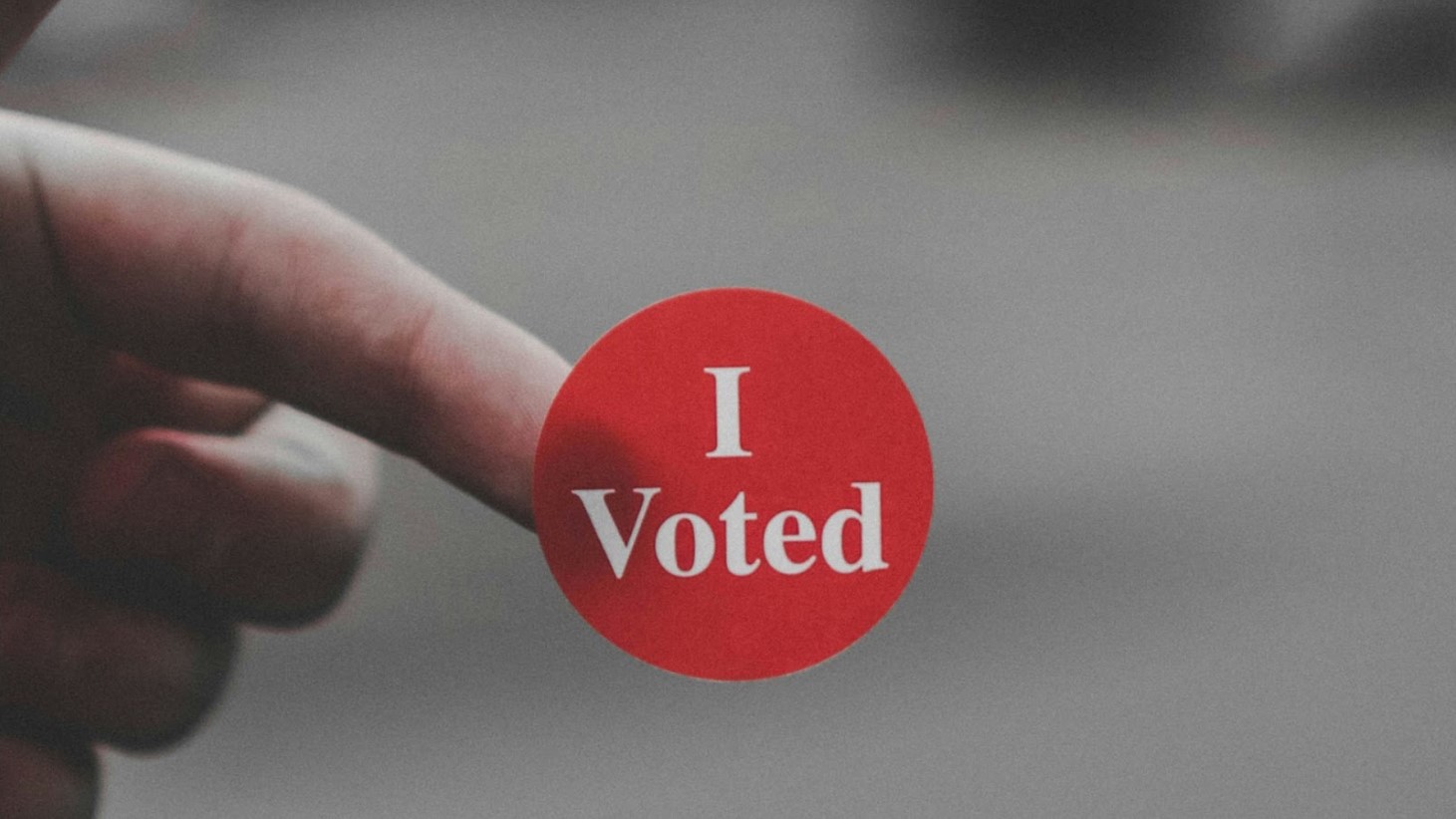
The skepticism towards intelligence agencies, particularly the belief that they harbor their own political agendas, is most pronounced among voters aged 40-64.
Only a small fraction, 9%, maintain a very favorable opinion of the CIA, pointing to a profound level of distrust or disapproval within this demographic.
Historical Context of Distrust in Government Institutions
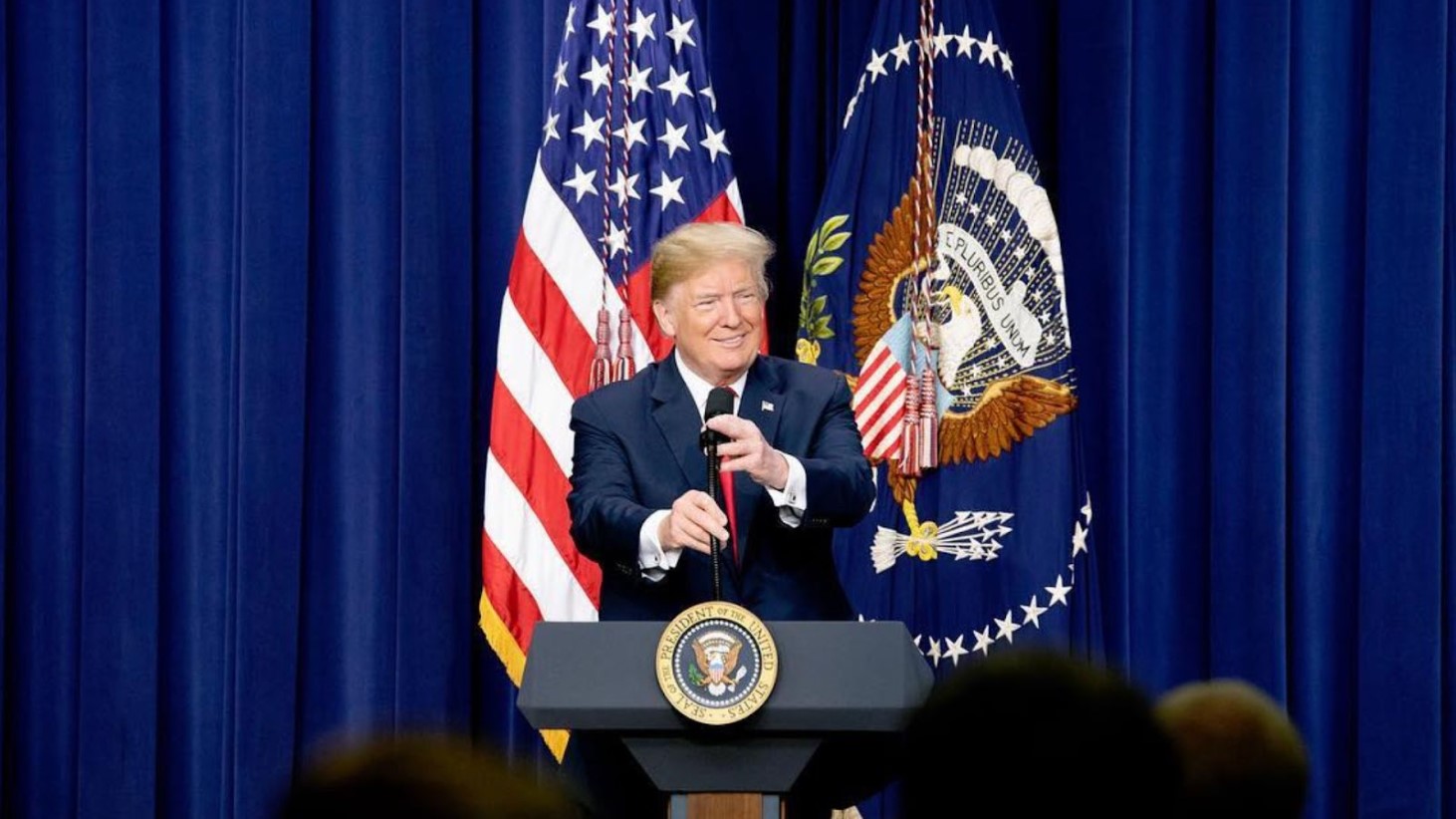
The Rasmussen poll findings reveal a broader pattern of skepticism toward government institutions, amplified by historical and recent events. Revelations of surveillance abuses and allegations of political interference, notably the controversy surrounding the surveillance of the Trump administration during the 2016 election, have deepened the chasm of distrust.
This legacy, together with persistent concerns over the politicization of intelligence agencies, has fostered an environment of suspicion and uncertainty among the electorate. The culmination of these factors contributes to the pressing need for intelligence agencies to operate with heightened transparency and accountability, striving to rebuild and maintain public trust in their operations and ensuring the integrity of democratic processes.
